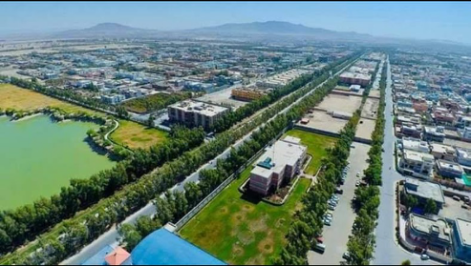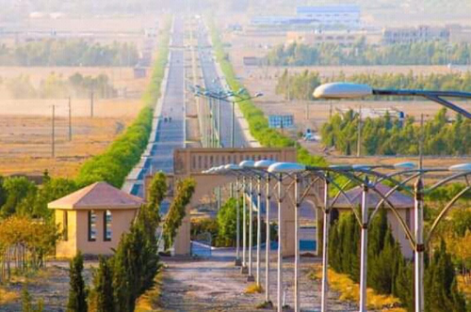Researchers at ANBOUND have previously predicted that there could be a scenario where the Taliban in Afghanistan and the Afghan government forming urban-rural confrontation. The Afghan government might maintain the power in some cities, while the Taliban controls the vast Afghan rural area. However, this estimate may appear to be a little optimistic judging from the current development.
The Afghan government still has great difficulties in maintaining the control zones centered on Kabul. The main reason is that the tactics adopted by the Taliban have fragmented the various areas controlled by the Afghan government, the Taliban has effectively surrounded Kabul. If a besieged city cannot get effective supplies or form a certain supply area, then the city should possess certain control areas in order to survive. The current tactics of the Taliban are exactly aiming at the heart of Afghan government, so it is not surprising that in the end the Afghan government might fail to sustain itself.
Some institutions share this view. They still believe that the Afghan government is capable of reaching a stalemate with the Taliban. However, according to ANBOUND's current assessment, this may not necessarily occur. The key battle is the siege of Kandahar. If the Taliban cannot win Kandahar, it would prove that the Taliban still lacks in its tactical capabilities and cannot fully achieve its goal. Under such scenario, there might be confrontation in Afghanistan and it may create opportunities and conditions for the world's peaceful mediation attempts. If the battle of Kandahar ends with the victory of the Taliban, the collapse of the current Afghan government would become a real possibility. Therefore, the outcome of the battle of Kandahar is a key window for observing changes in the future war situation in Afghanistan. At present, it is reported that the Afghan government forces have deployed 20,000 troops to defend Kandahar, and Kandahar is the second largest city in Afghanistan and the central city of the Pashtuns of the Taliban in Afghanistan.
For China, major efforts are needed to establish safe areas in the Wakhan Corridor and northwestern Afghanistan, accommodate refugees, and control a strategic bridgehead. Cooperation with the Taliban now poses high risks, as the Taliban (Pashtuns) also faces difficulty in consolidating the vast tribal areas of Afghanistan. Even if the Taliban becomes the government, it will also face the same things that the current Afghan government faces. This includes a variety of thorny issues, including complex interest disputes with Iran, India, Pakistan and countries in the Middle East.
Conclusion and Policy Recommendation:
In the case where the Taliban fails to take over Kandahar, it would prove that the Taliban still lacks in its tactical capabilities and cannot fully achieve its goal. This in turn, may create opportunities and conditions for the world's peaceful mediation attempts. If the battle of Kandahar ends with the victory of the Taliban, this would increase the possibility of the collapse of the current Afghan government.



